The Mechanism Behind Car Valuation
Working adults in Singapore could greatly benefit from owning a car. In fact, there are even some jobs where a car is one of the requirements. While you may want to buy a car for convenience or simple need, you may also want to know why owning a car in Singapore is expensive.
So, we came up with a list of factors that may affect car valuation. You can use this list to know whether your car is overpriced or not. The same list can also be used if you are planning to sell your car and have no idea how much you will charge for it.
1. OMV
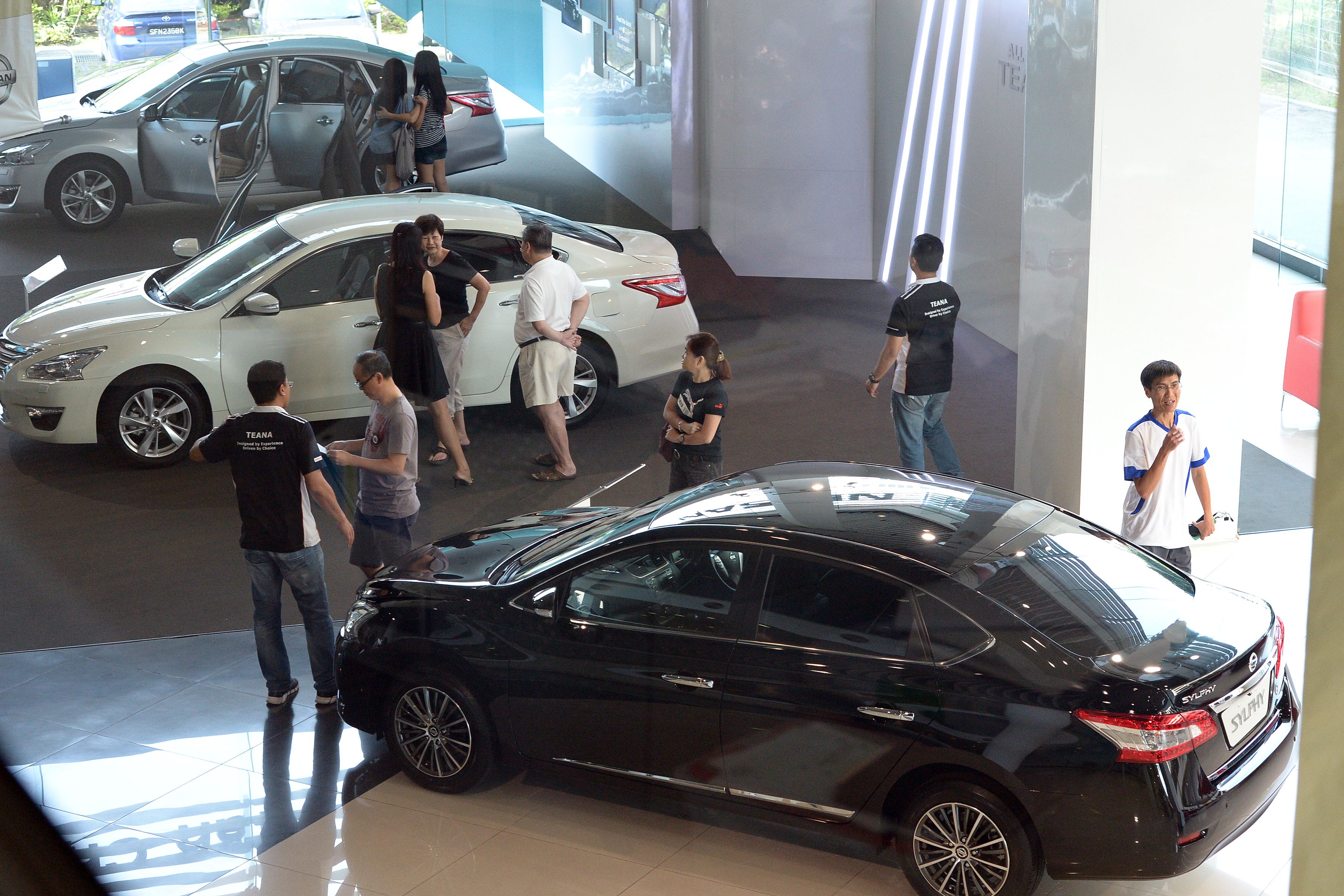
OMV or open market value is the amount assessed by Singapore Customs for a car brought into Singapore.
The OMV is based on the actual amount paid for the car before it was brought to Singapore. It will also include freight expenses, insurance, and other charges associated with the sale and delivery of the car.
The OMV is essentially the basis for other fees you need to pay and has a considerable effect on car valuation.
2. ARF
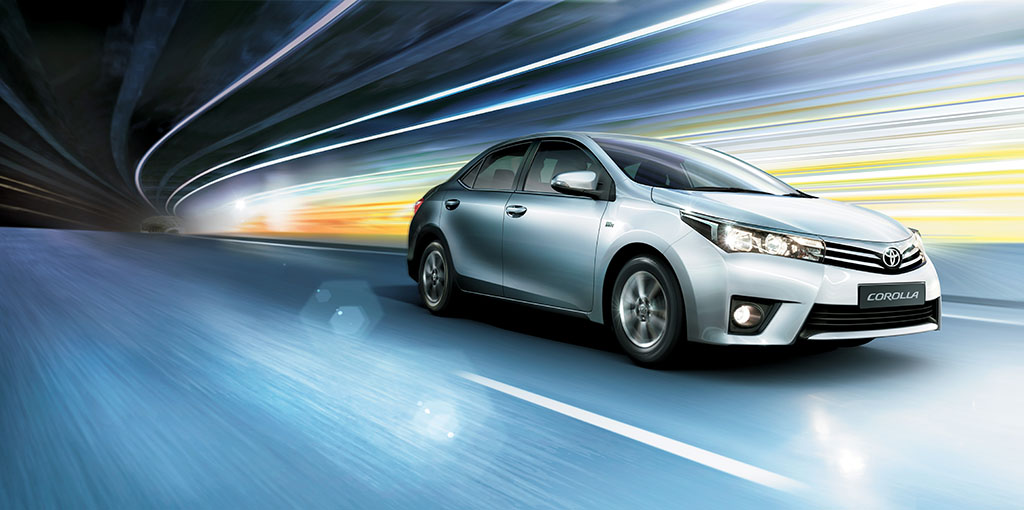
ARF or additional registration fee is the tax imposed on all cars registered in Singapore. The ARF is based on the OMV of the car, which has a significant impact on car valuation.
The final amount is graduated with the ARF for the first S$20,000 equal to 100% of the OMV of the car. The next S$30,000 value has an ARF of 140% of the OMV while the ARF for the remaining value over S$50,000 is 180% of the OMV.
3. Excise Duty and GST
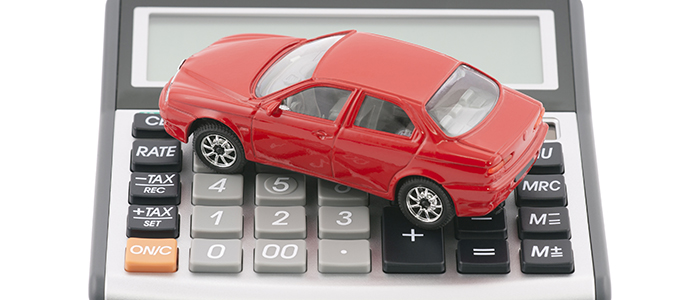
Excise Duty is the tax imposed on imported products. For instance, the excise duty on vehicles is 20% on the OMV. In addition to the Excise Duty, a GST or Goods and Services Tax is imposed on the car.
GST is at 7% of the amount, which includes the OMV and Excise Duty. These taxes also have a considerable effect on car valuation.
4. COE
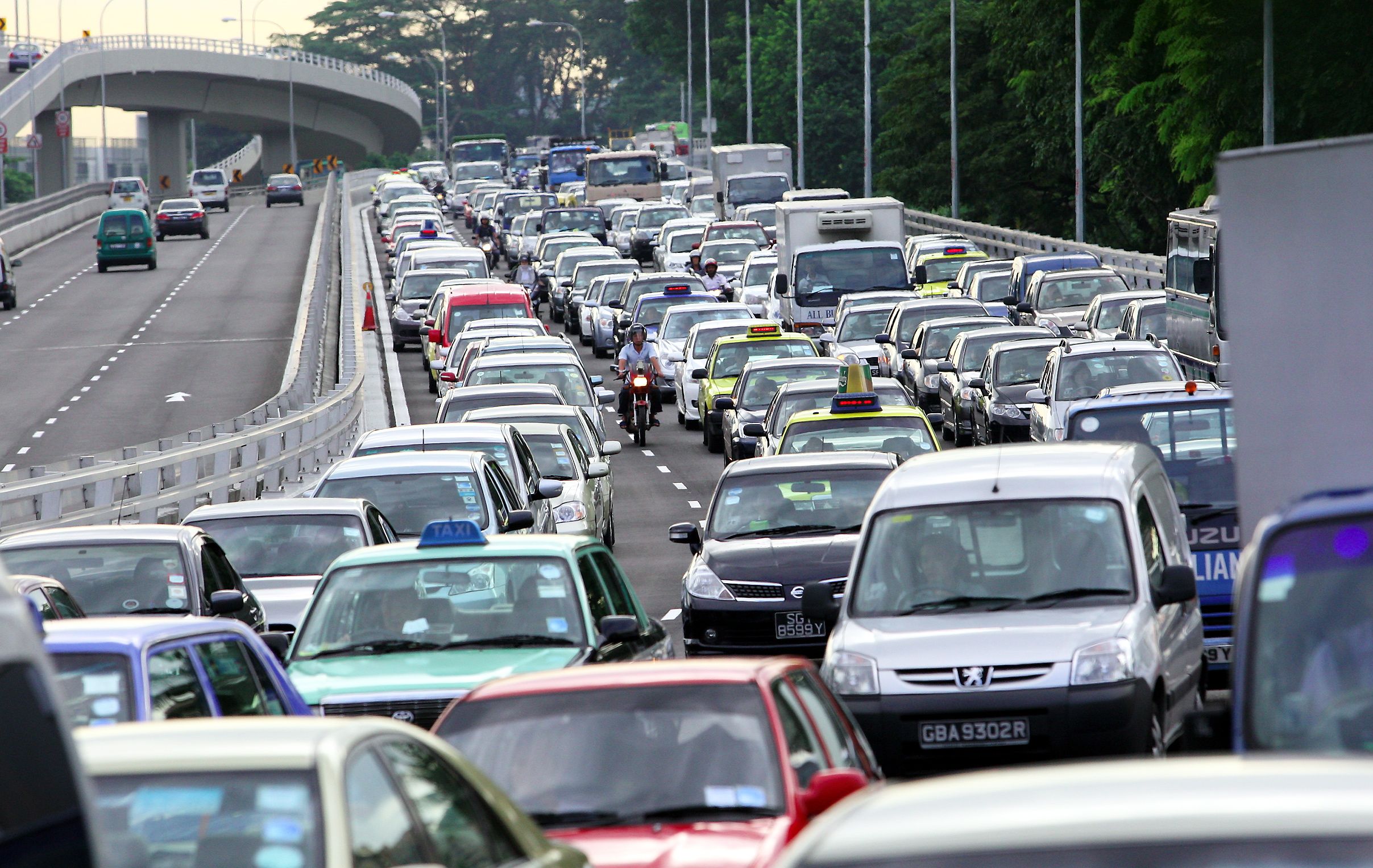
COE or Certificate of Entitlement gives you the right to register and own a vehicle in Singapore.
The COE cost is dependent on the demand in the market. There are instances when COE prices will increase and there are also instances when it would go down.
The COE price is also based on the category of the vehicle you are buying. Category A is for cars up to 1600CC and 97KW while category B is for cars over 1600CC and 97KW. Category C is for delivery vehicles and buses. Category D is for motorcycles while category E is for other open vehicles aside from motorcycles.
5. Margin of the Dealer
Since selling cars is a business anywhere in the world, you can expect dealers to cover their expenses as well as make some profit. The dealer’s margin can be between 15% for cheap brands and around 50% for high-end luxury vehicles.
Due to this, the dealer’s margin has a significant effect on car valuation. It is important for you to look for a reputable dealer so you will get a good deal on the car you want to buy.
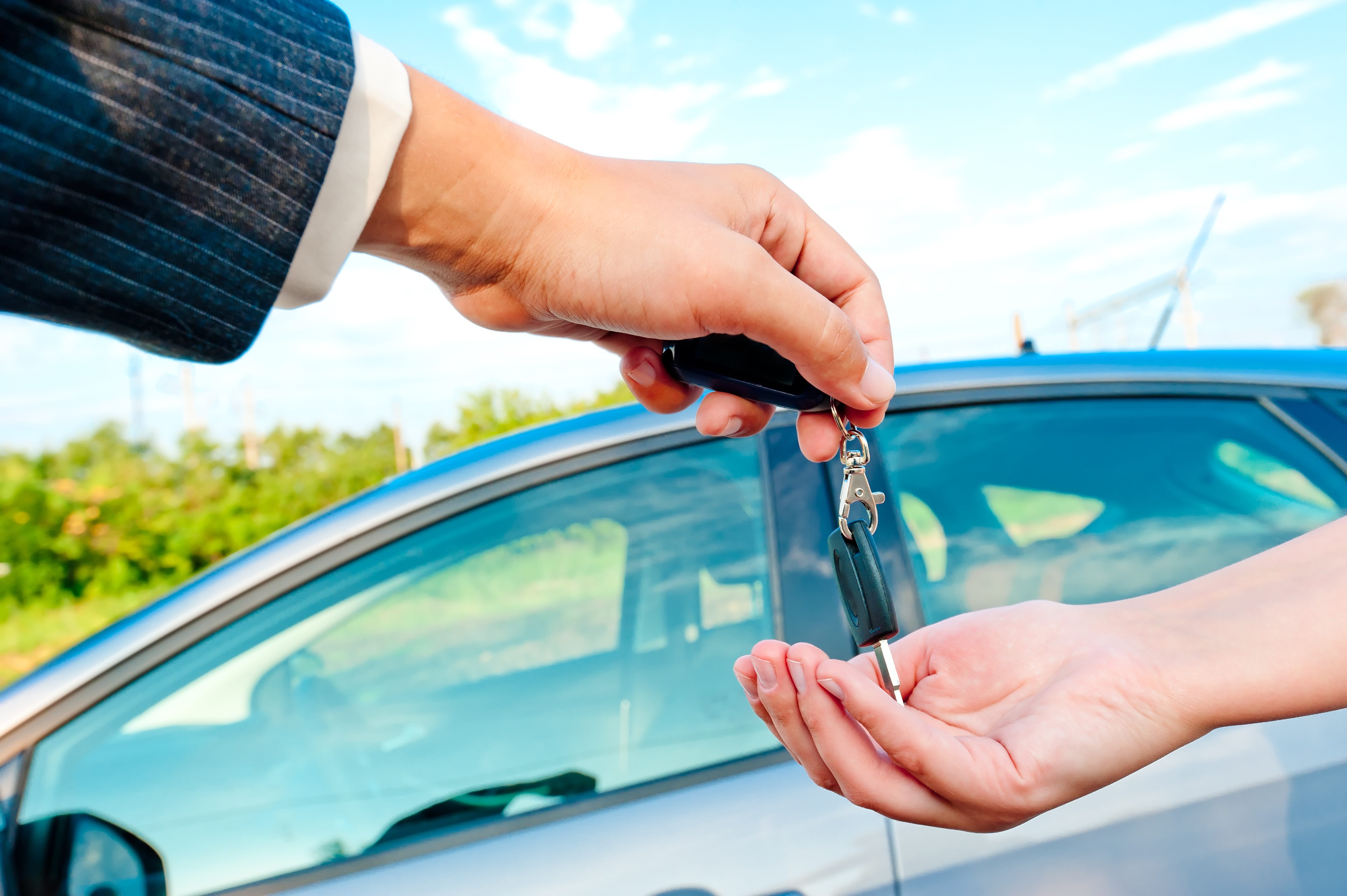
Using the factors mentioned above, you will be able to have an idea of whether you can afford to buy a car in Singapore. You can also use the same factors if you want to buy a pre-owned vehicle, but you will have to consider the rebates available for the used car.
Another thing you should consider when you buy a car is the car brand. With the current pricing structure of cars in Singapore, you will expect to pay more for a luxury brand compared to a regular car brand.
So, you should think carefully and consider the factors affecting car valuation before deciding on the car you want to buy in Singapore.





